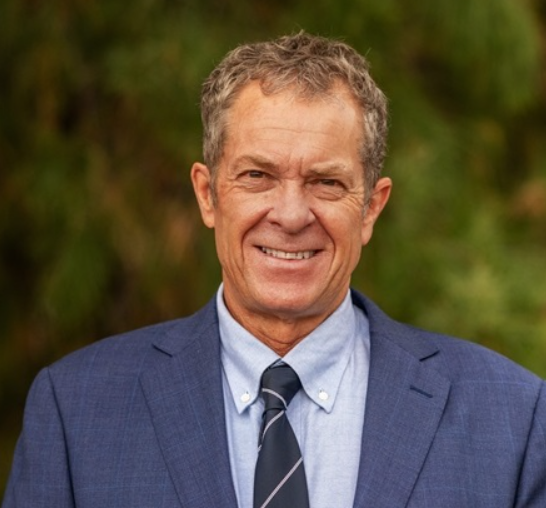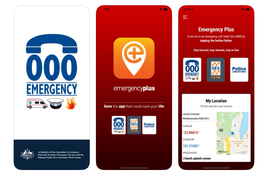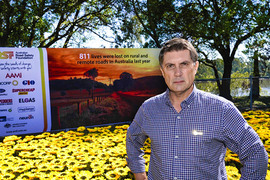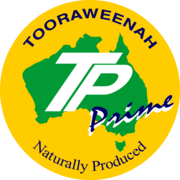Call to bulk bill sleep apnoea tests for truck drivers gains urgency
Kristin Murdock
09 June 2025, 2:40 AM

The Australian Government should bulk bill overnight sleep apnoea tests for truck drivers and other safety-critical workers, according to Australian Trucking Association (ATA) Chair Mark Parry and TruckSafe Chair Paul Fellows.
The pair made the call while releasing a joint ATA and TruckSafe submission to the National Transport Commission’s review of health screening for commercial vehicle drivers.
The NTC is considering changes to include enhanced screening for heart disease, diabetes, and sleep disorders in the Assessing Fitness to Drive standards.
“The ATA has argued for many years that the commercial standards should include preventative screening for the key health risks to road safety,” Mr Parry said.
“Our submission argues that these low or no cost screening tests should be prescribed in the standards. A GP undertaking a commercial medical would work through the screening procedure and, if needed, refer the driver for specialist follow up,” he said.
One of the key concerns raised is the prevalence and danger of obstructive sleep apnoea, a condition in which a patient’s airway is repeatedly blocked during sleep, leading to fatigue and increased crash risk.
A 2012 study found 41 per cent of Australian long-distance truck drivers have sleep apnoea.
Costly diagnosis is a barrier
“The case for acting on sleep apnoea is compelling.
"Our submission documents its toll of deaths, serious injuries, and ruined lives,” Mr Parry said.
“One of the barriers to addressing sleep apnoea, however, is the cost of confirming the diagnosis after a driver’s GP refers them to a specialist for investigation.
“An overnight sleep study at a clinic can cost $1,500, with the driver needing to find $997.60 in out of pocket costs after the Medicare rebate.
"The most effective treatment for sleep apnoea is with a CPAP machine.
"The machines cost about $2,000; follow up appointments are needed to calibrate them.
“The Government should offer incentives to encourage sleep clinics to bulk bill sleep studies for truck drivers and other safety critical workers.
"It should also fund a long-term loan scheme for CPAP machines, similar to the one run by the New Zealand hospital system."
TruckSafe Chair Paul Fellows said changes to the standards must ensure truck drivers' jobs are protected.

Paul Fellows, Chair of Trucksafe said high risk medical conditions like sleep apnoea need specialist follow up.
“The screening tests that we are talking about highlight if further investigation is needed.
"They are not diagnostic,” Mr Fellows said.
“That’s why AFTD needs to be amended so a driver who is referred to a specialist as a result of health screening can continue to drive unconditionally, provided they make an appointment to see the relevant specialist at the earliest practicable opportunity.”
Mr Fellows also stressed the need for greater awareness about managing high-risk conditions.
“Doctors, employers, and drivers need more information about high-risk medical conditions and how to manage them.
“TruckSafe led the way on this by requiring our member companies to provide drivers with health information in the 1990s and 2000s.
"Our new TruckSafe safety management system has a sample worker health and wellbeing policy that requires the development and implementation of health management programs."
Call for national screening
Mr Parry said the rollout of the proposed changes should be accompanied by a national screening initiative.
“Our submission recommends that the Government provide with $1 million per year over four years to deliver 16,000 health screenings and distribute health awareness resources, including mental health resources, to 40,000 drivers,” he said.
The urgency is underscored by the latest crash figures.
As of June 1, 2025, Transport for NSW reported 50 fatal crashes involving heavy trucks across New South Wales in the previous 12 months.
This represents a decline from the five-year total of 252 fatal crashes involving heavy trucks recorded between 2020 and 2024.
The figures include both articulated and heavy rigid trucks.
The Australian Trucking Association represents the 60,000 businesses and 200,000 people who make up the Australian trucking industry through its 11 member associations.TruckSafe is the ATA’s not-for-profit safety and business management system.
An interactive website from Transport NSW shows road crash statistics from all regions, and supplies information about gender, weather, region and other crash variables.
It can be found here.



